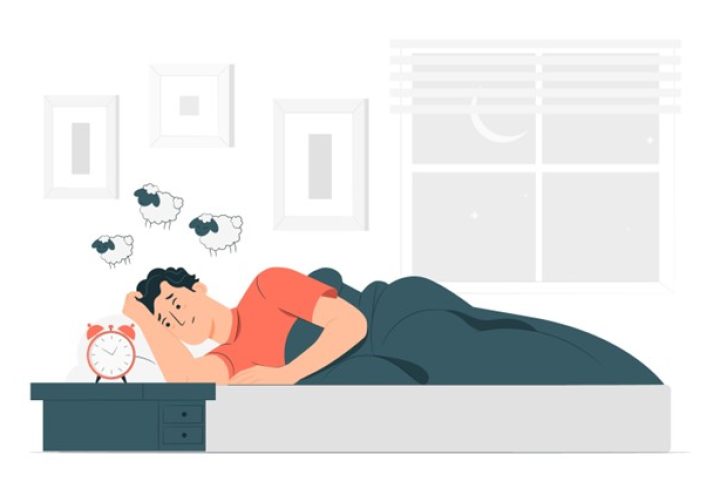Sleep apnea is when your breathing pauses while you sleep. These pauses can be brief but cause many problems. You might not even know it’s happening. This can leave you tired and moody. Sleep apnea is often linked with loud snoring. Ignoring it can create bigger health issues. Timely diagnosis and treatment can really help. Checking for sleep apnea is a smart step for long-term health.Recognizing the Effects of Sleep Apnea on Overall Health
Many folks simply think snoring is just that, loud breathing during rest. But in reality, sleep apnea doesn’t only make you feel sleepy throughout the day. You might also notice mood changes alongside chronic tiredness even after a full night’s sleep. These signs, if spotted early, can help you manage health more effectively.
Leaving sleep apnea unaddressed can strain your heart and lung functions terribly. This condition might make your heart work overtime because breathing gets intermittently broken. Additionally, it can alter how your body handles weight and nerve-wracking sugar levels. Sleep apnea can further bring about stress and worsen mood swings substantially.
Certain factors put some people more at risk of developing sleep apnea problems. Things like age, weight, and regular habits increase likelihood significantly. Recognizing these early can prompt quicker medical consultations. A doctor visit can help catch sleep apnea before it causes further distress to your health.
Emphasizing Lifestyle Changes for Better Sleep Quality
Managing weight helps treat sleep apnea by reducing night breathing troubles. Eat healthy foods and exercise regularly to lower health risks tied to sleep issues.
The look and feel of your bedroom can affect how well you sleep. Keep your room cool and dark for easier sleeping. Stick to the same bedtime schedule, even on weekends, to help your body clock stay regular and minimize snoring.
Try some snoring solutions at home by making simple lifestyle changes. Sleeping on your side, inhaling steam, or using nasal strips can keep airways open. Drinking less alcohol might reduce snoring occurrences.
Evaluate daily routines influencing sleep apnea. Late-night eating or work stress can worsen conditions. Small lifestyle adjustments can significantly improve health and sleep. Introduce changes gradually for better benefits.
Exploring Medical Treatments and Their Benefits
There are treatments for sleep apnea that doctors suggest using. You may have heard of CPAP machines before, which help breathing. Oral appliances are options that fit in your mouth to keep airways open. Surgery can be considered when other treatments just don’t work.
These treatments boast many benefits that can improve sleep. CPAP drastically cuts down the stops in your breathing pattern. Oral devices are simple to use and carry around easily. However, adjusting to these options might seem challenging at first. Discussing any issues with your doctor is vital for success.
Regular check-ins with healthcare providers help to ensure treatments work well. It’s easy to overlook small issues if you aren’t regularly communicating. Talking about what works or any difficulties leads to better results long-term. Healthcare teams may provide helpful tips that make the treatments more comfortable for you.
Combining medical treatments with sleep apnea home remedies might offer additional relief. Medical interventions show faster effects when paired with lifestyle changes. Together, they can break the cycle of symptoms and help improve daily life quality. A routine merging both treatment types provides the best overall results.
Concluding Thoughts and Encouragement for Readers
Untreated sleep apnea can bring serious problems to health.
It can lead to heart issues like high blood pressure and strokes. Those who ignore symptoms might feel tired during the day. Concentrating at work or school becomes harder when sleep is poor. This can also increase feelings of worry and sadness over time.
Taking action is key for better health in the long run.
Seeing a doctor is important for finding the best treatment strategy. Medical treatments paired with home efforts can be very helpful. Snoring remedies home could involve changing your sleeping position or using a humidifier.
Learning about one’s symptoms is the first step to better sleep and health.
Trying natural treatment for snoring, such as essential oils, might help some improve rest. With knowledge about sleep apnea home remedies, life’s quality can become much better. By fixing causes early, restful nights and energetic days are more possible.

